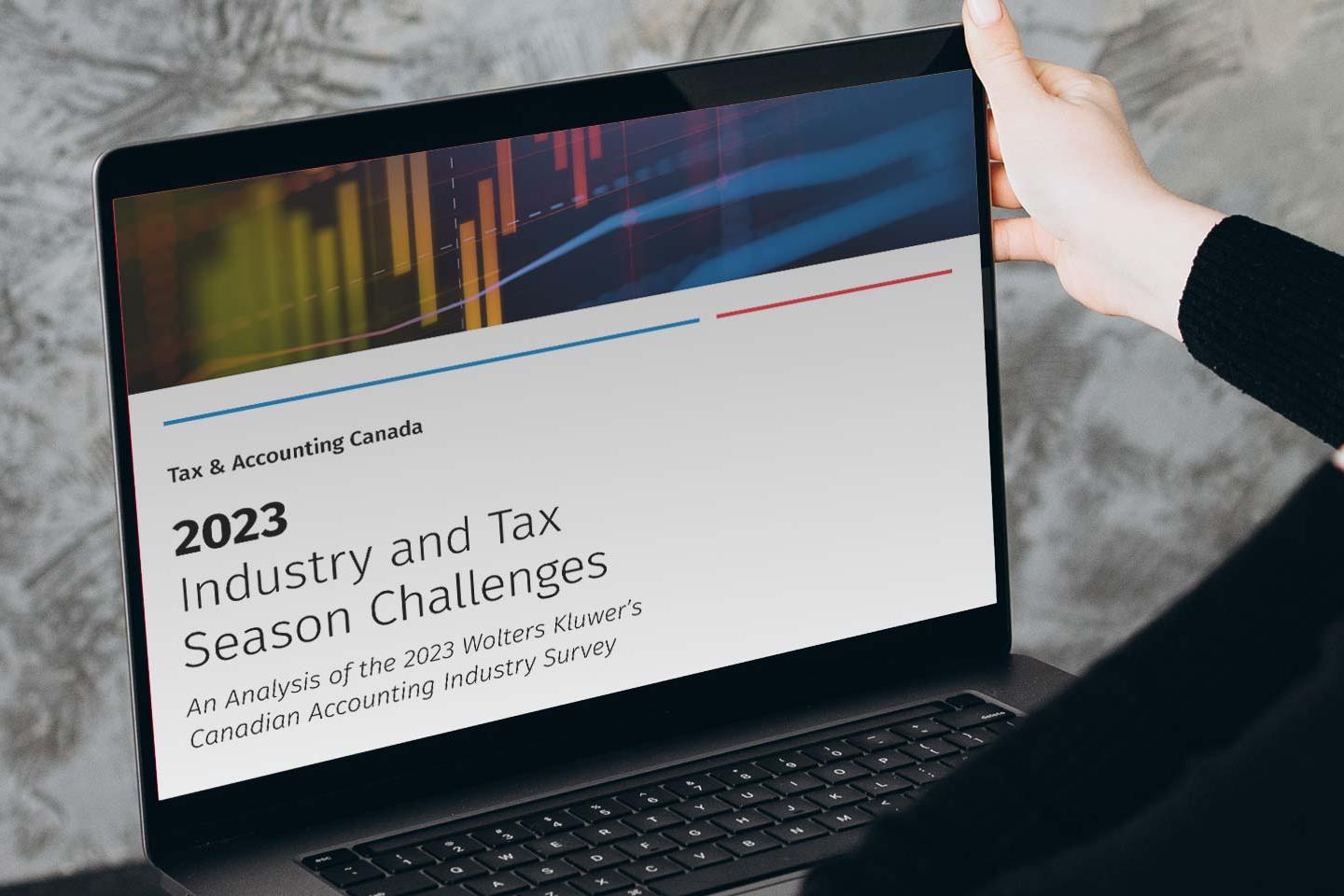The below excerpt is from the upcoming book, Taxation of Cannabis in Canada. This book provides an overview of the regulation and taxation of cannabis federally and in the provinces and territories. If you wish to order this book, please visit https://shop.wolterskluwer.ca/en/taxation-of-cannabis-in-canada.html or call customer service at 1-800-268-4522.
Chapter 1: Introduction
Legalize, regulate, tax.
Recreational cannabis became available for legal retail sale in Canada on October 17, 2018. The legalization of recreational cannabis is a new frontier for consumers, sellers, and regulators in Canada. There will be growing pains, and there will be adjustments. It’s important to keep in mind, especially at these early stages, that the regulation of recreational cannabis isn’t so much a landscape as it is the weather: Subject to change, perhaps with very little notice. What’s the law today may not be the law in six months. Government-run monopolies may be opened to private companies, duties may increase, and new regulations passed. Keep watching the skies.
All the provinces and territories except Manitoba (at the time of publication, Manitoba is negotiating an agreement) executed Coordinated Cannabis Taxation Agreements (“CCTAs”) with the federal government in 2017, facilitating the legalization and taxation of cannabis in Canada. The signatories agreed the combined rate of all federal, provincial, and territorial cannabis-specific duties and taxes will not exceed the higher of $1 per gram, or 10% of a producer’s selling price.
The revenues from excise duties on cannabis (which are collected by the feds) will be shared, with approximately 75% going to provincial and territorial governments (based on duties collected in their jurisdiction) and the remaining 25% to the federal government. Federal revenues from the excise duty are capped at $100 million per year for the 24 months following legalization. Federal revenues over the $100 million cap will be distributed to provinces and territories that have concluded a CCTA with the federal government.
Recreational cannabis is subject to excise duties (pursuant to newly-enacted Part IV.1 of the federal Excise Act, 2001), GST/HST, and provincial sales taxes. Excise duties are included in the price on which the GST/HST/provincial tax is calculated. PST, GST/HST, and QST apply at the applicable sales tax rate in the province of distribution. Manitoba imposes mark-ups on recreational cannabis but not PST. British Columbia imposes a markup and PST. In addition, Health Canada extracts cost recovery fees from cannabis producers (see Chapter 2, The Cannabis Act and Federal Regulation of Cannabis).
The excise duty is imposed at the production level of cannabis and is paid to the federal government by the cannabis producer. It’s the higher of the federal flat-rate duty (calculated per gram of cannabis in the product) and the ad valorem duty (a percentage of the sales price of the product)[1] plus the higher of the province or territory’s flat-rate duty and the ad valorem duty.[2]
All jurisdictions that signed a CCTA with the federal government (“specified provinces”) will receive the basic provincial portion of the duty—this includes all provinces and territories with the exception of Manitoba (which levies its own provincial tariffs). Some jurisdictions have requested—and received—an adjustment to their portion of the duties to offset varying sales tax rates in Canadian provinces and territories. Those “listed specified provinces” receive the basic provincial duty plus a supplementary duty rate as follows:
Chapter 2: The Cannabis Act and Federal Regulation of Cannabis
This chapter helps unpick the Gordian knot of a surprisingly tentative and complex approach to legalization, in particular the federal Cannabis Act (“CA”) and the Cannabis Regulations, with emphasis on cannabis production (cultivation and/or processing).
Federal Versus Provincial Regulation of Cannabis
CA s. 69–72
Production and processing of cannabis is regulated by the federal government, while retail sales are governed by the individual provinces and territories. Except for licensed commercial producers, cannabis cannot be grown (aside from limited personal cultivation), exported, or imported in Canada.
Health Canada licenses commercial cannabis growers and oversees the cannabis supply chain. Producers grow and package cannabis for ultimate sale to the public, but they do not sell directly to consumers. Cannabis must be packaged by a federally licensed producer, complete with an excise stamp for the province where it will be sold. Retailers are not allowed to open packages before selling, sell partial packages, or re-package cannabis. Licensed producers can grow and sell product for both the medicinal and non-medicinal markets.
Provinces and territories have authority over the possession, distribution, and sale of recreational cannabis in their jurisdictions—if their legislation contains the following requirements for cannabis sellers:
- Ontario, + 3.9%of the base or dutiable amount;
- New Brunswick, + 0%of the base or dutiable amount;
- Prince Edward Island, + 0%of the base or dutiable amount;
- Alberta, + 16.8%of the base or dutiable amount;
- Saskatchewan, + 6.45%of the base or dutiable amount;
- Newfoundland and Labrador, + 0%of the base or dutiable amount; and
- Nunavut, + 19.3%of the base or dutiable amount.
- they may sell only cannabis produced by a person authorized under the Cannabis Act to produce cannabis for commercial purposes;
- they may not sell cannabis to young persons;
- they are required to keep appropriate records respecting their activities in relation to cannabis that they possess for commercial purposes; and
- they are required to take adequate measures to reduce the risk of cannabis they possess for commercial purposes being diverted to an illicit market or activity.






